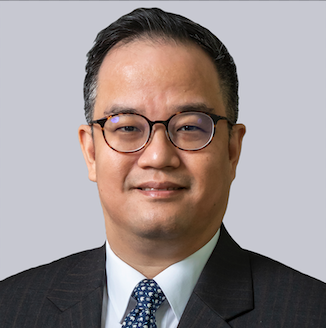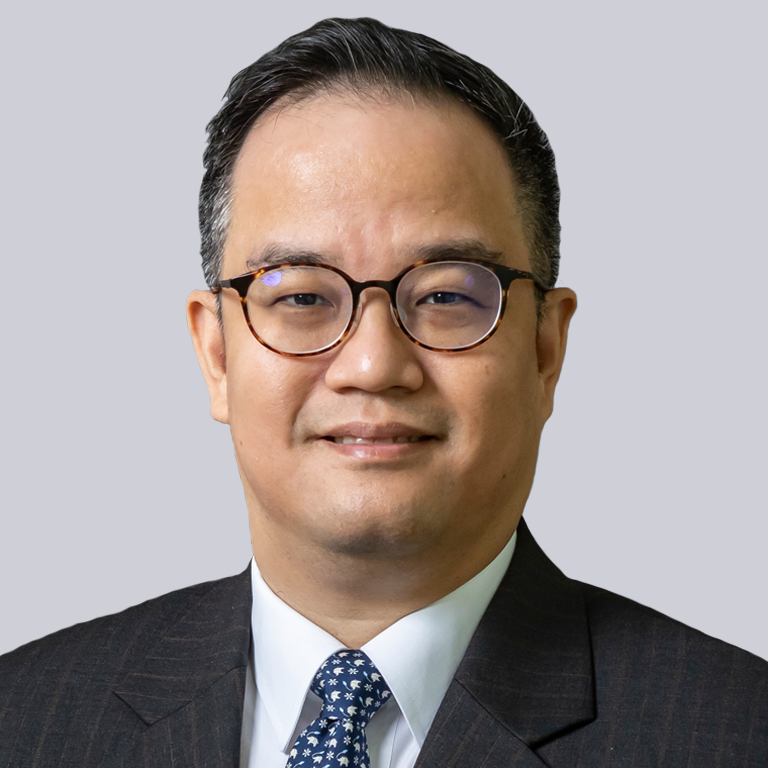Conventus Law: In relation to digital transactions and e-commerce, what are the latest tax developments in Singapore?
Eugene Lim: The latest tax developments in Singapore in relation to digital transactions and e-commerce are primarily in relation to the Goods and Services Tax (“GST”) regime. In particular, the Overseas Vendor Registration (“OVR”) regime and reverse charge mechanism, both of which first came into operation on 1 January 2020, were recently extended on 1 January 2023 for the GST tax net to cover a wider range of goods and services associated with digital transactions and e-commerce.
Originally, the OVR regime only targeted direct-to-consumer (or “B2C”) supplies of digital services from overseas suppliers to non-GST registered customers in Singapore. Under the OVR regime, all such overseas suppliers with a global turnover exceeding S$1m would be required to register, charge and account for GST. An example of digital services that were affected by the introduction of the OVR regime include Netflix subscriptions, which is also why the OVR regime is commonly referred to as the “Netflix tax” in many countries. Similarly, electronic marketplaces supplying digital services (e.g., e-books, music, games) on behalf of overseas suppliers to customers in Singapore would also fall within the OVR regime.
The OVR regime was extended this year in two significant respects. First, the OVR regime now applies to low-value goods imported via air or post with a value not exceeding S$400. Previously, GST only applied to goods imported via air or post with a value exceeding S$400. Second, the OVR regime was also extended to all other B2C supplies of remote services from overseas suppliers, which refer more generally to services where there is no necessary connection between the physical location of the recipient and the place of physical performance (e.g., supply of software applications, professional services, legal and consultancy services, educational services, online dating services, telemedicine etc.).
In the same vein, the reverse charge mechanism originally targeted supplies of imported services by overseas suppliers to GST-registered customers in Singapore who are not entitled to claim input tax in full (“B2B supplies”) and requires such customers to account for GST on the services procured from these overseas B2B suppliers. The reverse charge mechanism was similarly extended this year to the purchase of all low-value goods imported via air or post with a value not exceeding S$400.
These recent developments are attributable to the advent of technology, which have led to the rise of digital transactions and e-commerce that, in turn, makes the procurement of goods and services from overseas suppliers very convenient for businesses and consumers in Singapore. However, the remote supplies of goods and services present challenges to the GST regime as they place local suppliers in Singapore at a potential competitive disadvantage, given that supplies of goods and services from overseas suppliers were previously not subject to GST as such supplies were not regarded as being made in Singapore and, hence, were not taxable supplies under the GST regime. By contrast, services supplied by a local supplier would generally be subject to GST. Such challenges are not at all unique to Singapore and were amongst the subject of the discussion in Action 1 of the BEPS Project, pursuant to which the Organisation for Economic Co-operation and Development had recommended the introduction of collection mechanisms to achieve parity in the GST or Value-Added Tax treatment for local and overseas suppliers alike. In this connection, the developments in respect of the OVR regime and reverse charge mechanism are in line with BEPS Action 1 recommendations and help to ensure that local suppliers maintain their competitive edge in the new digital economy.

“In the face of these prospective changes, the Singapore Government announced during Budget 2023 that it was introducing or extending various tax incentives to continue promoting Singapore as an attractive hub for businesses. For example, the Enterprise Innovation Scheme was introduced to encourage businesses to engage in research and development (“R&D”), innovation and capability development activities in Singapore through the enhancement of tax deductions on a range of qualifying expenditure incurred in relation to R&D projects, IP registration, acquisition and licensing costs and other innovation projects.”
Eugene Lim Asia Pacific COO, WTS Global and Co-Founder, Principal, WTS Taxise
Are there any other updates to Singapore’s Goods and Services Tax (GST) regime, including any changes in rates or exemptions?
A noteworthy update to Singapore’s GST regime relates to the increases in GST rates. The GST rate was increased from 7% to 8% on 1 January 2023, and will be due for another increase from 8% to 9% from 1 January 2024 onwards.
How are the recent changes to, or announcements regarding, the Singapore income tax system affecting businesses and individuals?
The Singapore Government recently announced during this year’s Budget that Singapore intends to implement Pillar 2 of the Base Erosion and Profit Shifting (“BEPS”) 2.0 project and a domestic top-up tax on 1 January 2025, the effect of which would increase the effective tax rate of multinational enterprises with annual group revenue of at least €750 million to 15%. This announcement is undoubtedly significant for the approximately 1,800 multinational enterprises in Singapore which would meet the turnover threshold of €750 million, many of which have below 15% effective tax rates. While this announcement was made well ahead of the proposed implementation date, multinational enterprises would be well advised to seek advice to help establish compliance measures and frameworks in preparation for the substantive enactment of BEPS 2.0.
In the face of these prospective changes, the Singapore Government announced during Budget 2023 that it was introducing or extending various tax incentives to continue promoting Singapore as an attractive hub for businesses. For example, the Enterprise Innovation Scheme was introduced to encourage businesses to engage in research and development (“R&D”), innovation and capability development activities in Singapore through the enhancement of tax deductions on a range of qualifying expenditure incurred in relation to R&D projects, IP registration, acquisition and licensing costs and other innovation projects. Similarly, various existing tax incentive regimes have also been extended. This includes the Pioneer Certificate Incentive and Development and Expansion Incentive, both of which encourage companies to establish their global or regional headquarters in Singapore, as well as the IP Development Incentive, which supports companies that use and commercialise IP rights arising from R&D activities. These measures signal Singapore’s continued commitment towards ensuring the competitiveness of its tax system to attract and retain business investments.
Finally, Budget 2023 also announced that the top marginal rate for individual income tax will be increased from 22% to 24% with effect from the Year of Assessment 2024. The Singapore Government expects this increase to generate an additional S$170 million per year in revenue from the top 1.2% of taxpayers in Singapore, and reflects the government’s commitment to achieving greater equity and progressivity in Singapore’s fiscal system.
“ We have observed in this regard that there has been an uptick of income tax and GST audits and investigations in relation to the blockchain industry, as well as stamp duty audits and investigations in relation to cases of residential property purchases.”
Eugene Lim Asia Pacific COO, WTS Global and Co-Founder, Principal, WTS Taxise
Can you tell me what the government’s stance is on tax avoidance and aggressive tax planning, and how they are enforcing it?
The Inland Revenue Authority of Singapore (“IRAS”) takes a serious view on tax avoidance and conducts regular audits and investigations to ensure that individuals and businesses are complying with Singapore’s tax laws.
We have observed in this regard that there has been an uptick of income tax and GST audits and investigations in relation to the blockchain industry, as well as stamp duty audits and investigations in relation to cases of residential property purchases.
If IRAS takes the view that individuals and businesses are entering into contrived or artificial arrangements to avoid the payment of taxes or stamp duties, IRAS may enforce its broad anti-avoidance powers to disregard such arrangements. In addition, a 50% surcharge will be imposed on any additional tax payable on such arrangements.




